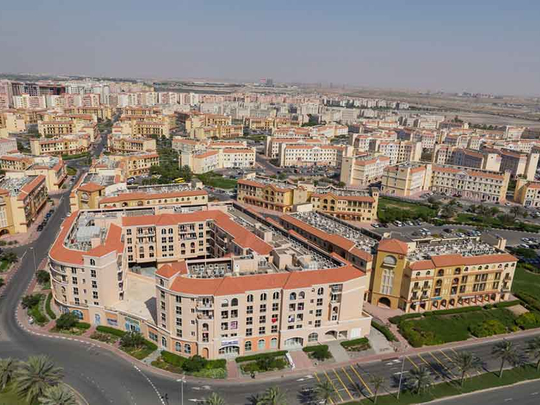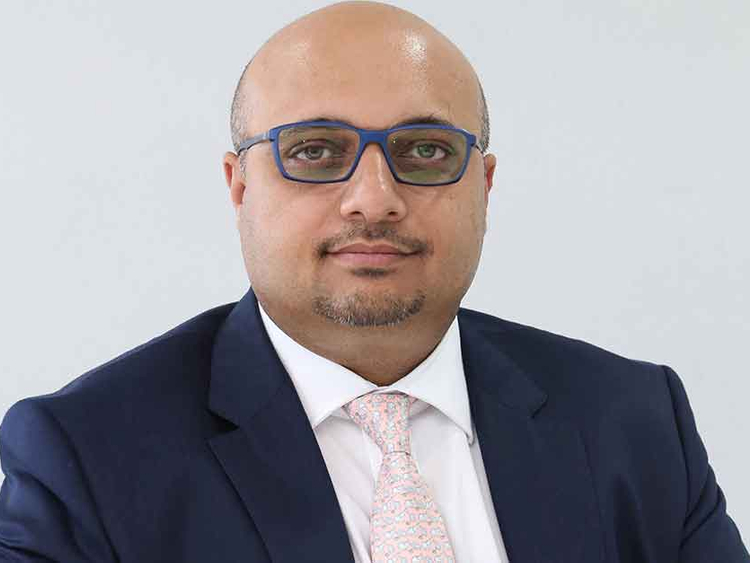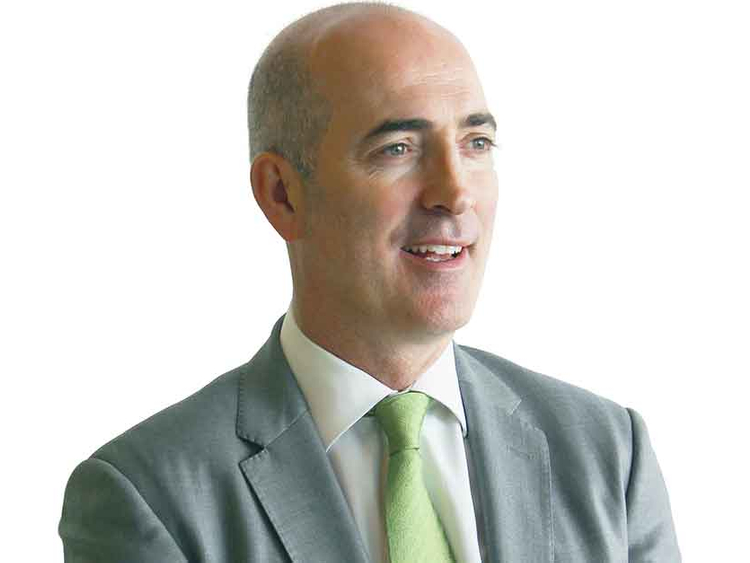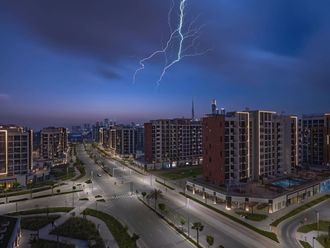
UK national Christopher Battle, 46, managed to seal the deal on a two-bedroom apartment in the Greens at the end of last year. The Dubai-based commercial manager who works for a construction firm paid Dh2.45 million for the luxury property, overlooking the golf course.
With up to Dh1.7 million funded by RAK Bank at an interest of 3.99 per cent fixed for one year over a 20-year term, Battle managed the remaining amount of Dh750,000 by selling his flat in London.
“We approached a mortgage broker to help us get the best finance deal from a bank as we did not directly look for a mortgage lender,” says Battle. “I believe buying a home got a lot easier this way since the agent took care of mortgage and the legal side of buying, keeping us free to concentrate on the task at hand — narrowing down a property to buy.”
Pawan Dhawan, Head of Home Finance at Noor Bank, says the sector has registered a slight uptick in transactions over the past three to four months with the market witnessing an increase in resale and primary purchases across categories compared to last year.
Market sentiment
About 28,251 transactions, valued at Dh113 billion, were recorded in the first six months of this year, as per the Dubai Land Department (DLD) data for the first half of this year.
Property sales contributed towards 43 per cent of the total, with more than 20,000 transactions valued at Dh48.7 billion. Mortgages made up for 6,391 transactions worth Dh48.3 billion.
Jean-luc Desbois, Managing Director at mortgage consultancy Home Matters, says his company and its key banking partners have seen a sizeable increase in mortgage enquiries and transactions
from May this year. He considers the fact an indication that prospective buyers are beginning to see value again in the real estate market.
“Middle range and affordable housing projects are popular at this time,” says Desbois. “Developers are putting more emphasis on this segment and we see more choices as projects begin to be handed over.
“Attractive payment plans are also being offered to bring in buyers. With property prices getting cheaper as opposed to rents, tenants are looking at the option of buying [a home to stay in].”
Sluggish market
With Dubai’s real estate market cooling off over the past two years, the home finance segment had also been affected.
“Over the past 12-18 months we have seen a contraction in the residential home finance market, which can be attributed to factors such as market cooling measures and sentiment that have had an impact on home finance transactions as well,” says Dhawan.
However, he notes a small increase in home finance transactions in recent months. “The value or the ticket size has slightly reduced. However, on the brighter side the units have shown an increase.”
He further adds that the UAE has typically been a market for prime property buyers. However in recent months the industry has witnessed an increase in property and home finance enquiries for affordable developments.
“Over the past 18-24 months, policymakers and real estate developers worked together to provide housing solutions for the middle-income market by launching new affordable developments, helping widen the pool for homebuyers and increasing home finance queries/transactions in this particular segment,” Dhawan says.
Akash Kanjwani, Director of Sky View Real Estate Brokers, says the market slowdown had affected the home finance sector only to a smaller extent, but the Central Bank limiting the loan-to-value (LTV) ratio for expats to 75 per cent of the property for the first purchase had a bigger impact.
The way ahead
Whether the real estate market goes up or down, its effects would definitely spill over into the home finance sector, says Dhawan. “The outlook and upside depend on various factors such as economic growth, infrastructure spending, stabilised oil prices, liquidity, absorption of the new real estate supply and market sentiment. I believe we should see traction by the end of 2016 and 2017.
Desbois foresees property finance rates to remain relatively stable, and with increased competition among banks, the margins will squeeze further. “After more than two years of slow mortgage sales and falling house prices, Home Matters forecasts a bottoming-out phase of the cycle by the first quarter of 2017 and we expect banks to become more aggressive and innovative with mortgage products,” says Desbois.
Increase in LTV ratio could boost mortgage demand
Akash Kanjwani (pictured), Director of Sky View Real Estate Brokers, believes any increase in loan-to-value ratio by the Central Bank substantially boosts demand for mortgages, especially for affordable properties, since not everybody can afford to pay up 25 per cent of the property value upfront. For instance, a property worth a million will require Dh250,000 cash in hand; add to this the transfer fee and brokers’ commission, which may come to about Dh300,000 or 30 per cent of the unit value.
“Banks have lowered interest rates from 4.5 or 5 per cent to 2.9 per cent to motivate people to go for bank funding,” says Kanjwani. “The demand is more for apartments in the mid-range segment priced below Dh2 million because the EMI comes to less than the rentals for these properties.”

















